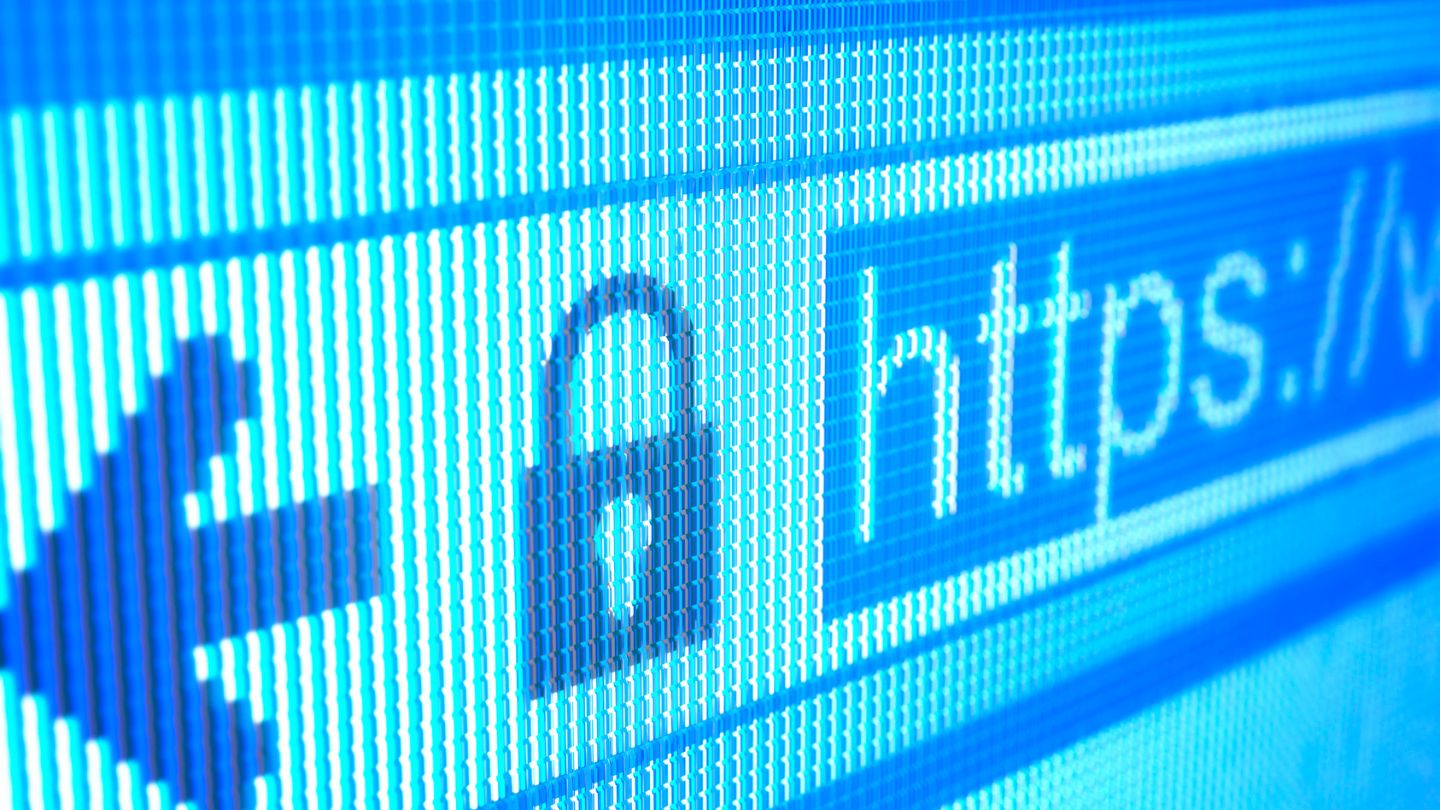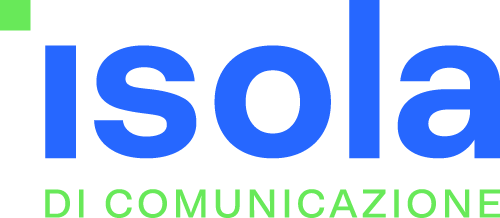What is WordPress. It is one of the most popular CMSs used by developers to create modern, high-performance websites. It is chosen because it is easy to use, intuitive, has a number of professional templates, optimizes the website for mobile devices, but most importantly, it is always up-to-date and full of useful plugins to solve every need.
Precisely because of these important characteristics, it is widely used and often the target of external attacks. This, however, should not alarm you. If your website is based on WordPress, it does not automatically mean that it is insecure, but only that you need to secure it and update it with the latest innovations, to ward off any attack attempts by some hacker.
Let us see, then, some useful tips for doing so.
Want to learn more?
Learn more about it, read what are the 10 benefits of using WordPress for your site
Why is WordPress security so important?
According to Wordfence’s WordPress Security Report, 4,833 disclosed vulnerabilities were found in the WordPress ecosystem in 2023 (a figure more than double the 2022 figures). These vulnerabilities impacted 3,996 plugins and themes, as well as the WordPress core.
This shows that hackers never stop, and although many of the websites built with WordPress are well protected, you still always need to check and update the tools used to protect the CMS(Content Management System).
Doing so avoids insidious issues (such as lockups, performance drops, malfunctions) and fends off cyber attacks, thereby also saving the cost of extraordinary site maintenance.
5 measures to increase WordPress site security
Putting in place security and prevention actions against cyber attacks is therefore essential. Here are 5 suggestions for doing so.
1. Update WordPress (but also the theme and plugins).
Updating your site is one of the essential measures to safeguard your work and maintain the level of performance and functionality. To do so, you need to download and install a specific package that is released periodically by WordPress or the development teams (it is recommended that you always back up your data before doing so). Once done, you can proceed with updating the core, theme and plugins, perhaps deleting unused ones.
2. Modifica le password
Changing your login passwords often, making them increasingly secure, is a good way to protect your website from unwanted attacks. You can also use an automatic manager so that you can generate increasingly complex passwords, using lowercase letters, uppercase letters, and special characters. You can also considertwo-factor authentication or some systems to limit login attempts.
3. Invest in secure hosting
Blocking unwanted access on the CMS may not be enough if the security level of the hosting is low. The ideal, then, is to choose a reliable hosting provider that can host the site and protect it at every stage, from installation to updates (by migrating if you change providers).
4. Use HTTPS and SSL certificate.
Another important aspect to consider for WordPress site security is the use of HTTPS and SSL certificate, which manage to encrypt user data and protect the information entered on the portal, preserving privacy and data inviolability. You know when you are browsing a site and the words “unsafe site” appear on your browsers? Here, avoiding this error also gives you an advantage in terms of popularity on search engines: in fact, Google rewards all websites that have this security certificate by offering them greater visibility.
5. Opt for the latest PHP version
PHP is the programming language used by the CMS that needs to be updated not only for security reasons, but also to maintain compatibility with plugins, avoiding slowdowns or blocks to some site features. One must, therefore, always check what is the latest version of PHP and evaluate whether it is worth updating by reading the changelog. It is never recommended to update PHP immediately on sites in production; rather, it is better to do some testing in the development environment to detect and correct any anomalies. This is usually done by the hosting provider, after making a backup of the site.

How can you check the security of your WordPress site?
There are some tools (such as, for example, online scanners) that can help us check whether the website is secure or compromised by a hacker attack. But there are other elements, however, that should be monitored periodically by an expert to ensure that the portal is working perfectly. Examples are, securing the wp-config.php file (a configuration file that allows WordPress to function the way you want it to) or checking file and server access permissions (to control who can read, write and execute a file).
An expert, then, can check which plugins are not needed (or are no longer being updated) as well as replace an outdated theme that is no longer compatible with the latest WordPress updates. The ideal, then, is to consult aspecialized website agency to check for anomalies in an existing website and fix them as soon as possible in order to ensure normal workflow and even improve it!
The benefits of a secure WordPress website (for you and your clients)
You may have already heard that the website is your brand’s calling card. It sounds like a catch phrase, but it really is. A Web site-especially a corporate one-must be thought out and designed to be attractive, functional, perform well, easy to navigate, and most importantly, fully functional and implemented with the right tools to protect your customers’ data.
To achieve the goal, it is very important to focus on safety. Doing so will enable you to:
- Protect data. Websites, especially e-commerce sites, contain sensitive information about the company, customers, and payment details. Safeguarding sensitive data prevents breaches and possible legal consequences.
- Preventing blockages. When a portal is attacked by hackers, it is inactive, at least until the problem is fixed. A security plan is ideal to block malware, avoid downtime, malfunctions and a loss of profits.
- Maintain a good reputation. If your site is fully functional and people understand that their data is safe by shopping on your e-commerce site, your digital reputation will also gain.
- Improve visibility. A secure website, for example implemented with an SSL certificate, is rewarded by search engines (in SERPs it will appear before other competitors without this certificate).
About WordPress: do you know the difference between WordPress .com and WordPress. org?
Want to make your website more secure and perform better? Find out how to do it!







